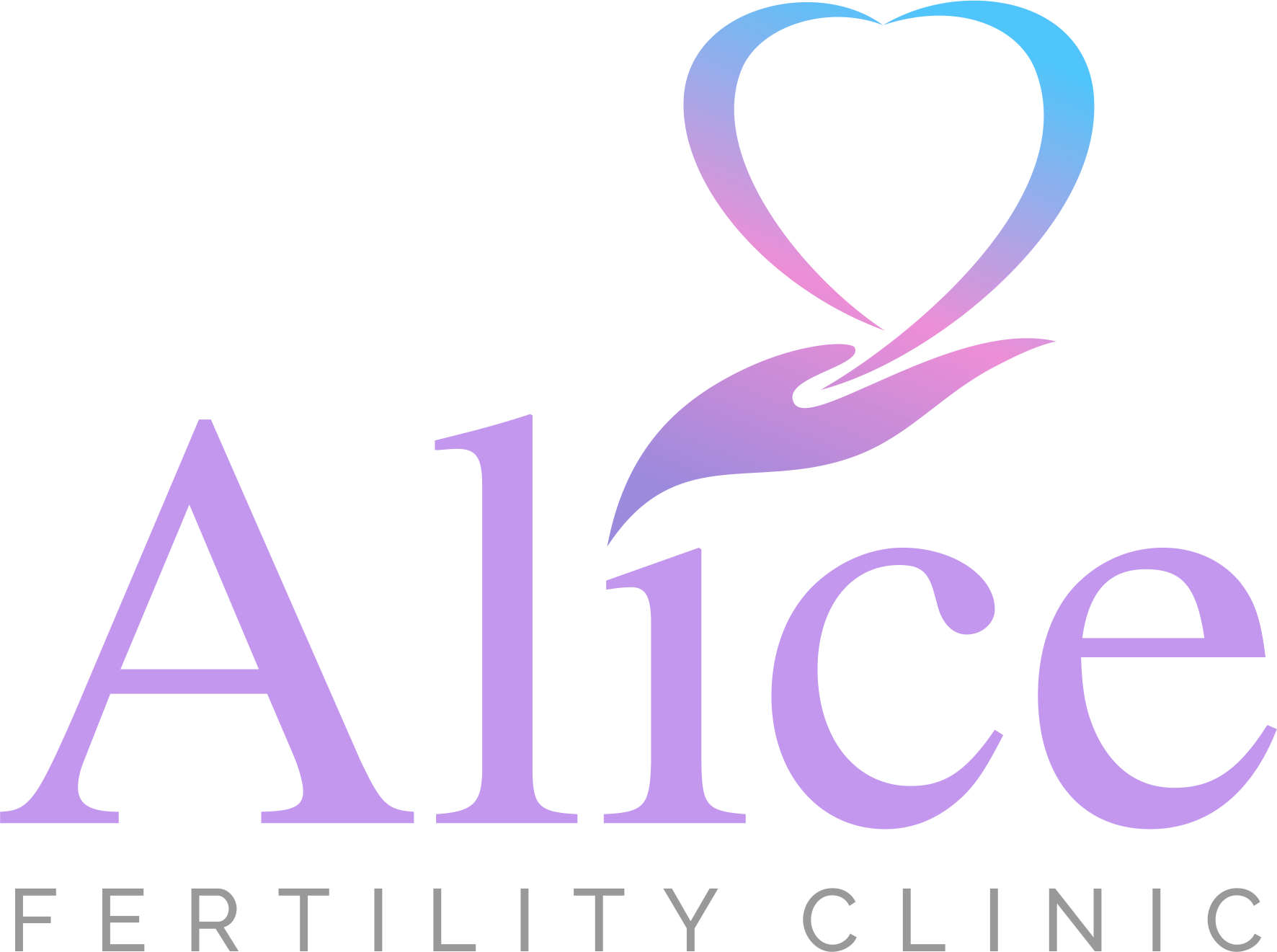
Get a free consultation
Feel free to contact us to get all needed information and make an apoinment
It's totally free

Get a free consultation
Feel free to contact us anytime. We will gladly answer all your questions and can schedule a non-committal online consultation.
It's totally free
Pelvic inflammatory disease Pelvic inflammatory disease (PID) occurs when female reproductive organs become infected. Many types of bacteria can cause PID and then enter woman`s reproductive tract during menstruation, after childbirth, miscarriage, abortion or any medical procedure that involves inserting instruments into the uterus. This can cause some complications that may lead to infertility. |
Hormone imbalance Hormone imbalance may be caused by a wide range of problems including abnormalities of the uterus or the ovaries (lack of ovulation). The main reasons for hormonal problems:
Problems with female hormones can cause such problems as abnormal menstrual periods, excessive facial and body hair growth, or even infertility. |
Menstrual cycle The menstrual cycle is the monthly hormonal cycle when hormone levels (estrogen and progesterone) change and female's body goes through to prepare for pregnancy. The typical menstrual cycle is 28-35 days long. Having an irregular cycle means a woman may not be regularly ovulating due to many issues, including polycystic ovary syndrome (PCOS), obesity, being underweight, and thyroid issues. Drastic differences in menstrual cycle lengths can signal issues like hormonal imbalance or other underlying medical conditions that can affect fertility. In such situations it is necessary to consult a fertility specialist about how your period could be affecting your chances to conceive. |
Reproductive age A woman's age is the most important factor affecting her fertility and her chance of having a baby. All women are born with a certain ovarian reserve and the number and quality of eggs reduces with age. As a result, a chance of having a baby also reduces over time, especially for women older than 35 years of age. Specialists at Alice Fertility Clinic will assess ovarian reserve and offer options of infertility treatments using ART with women of advanced reproductive age presenting, and also give recommendations to increase the chances of pregnancy. |
Female congenital pelvic malformations Female congenital pelvic malformations might be associated with health problems, potentially dangerous complications or poor reproductive outcome. Physical abnormalities in a woman's pelvis may lead to infertility. Medical procedures, such as laparoscopy, hysteroscopy, sonohysterography, can diagnose physical abnormalities. Sometimes surgery is not the best procedure for treatment of physical problems, and the doctor may recommend IVF or other treatments. |
Specialists at Alice Fertility Clinic will help to solve any fertility problem and offer the best treatment for you.






